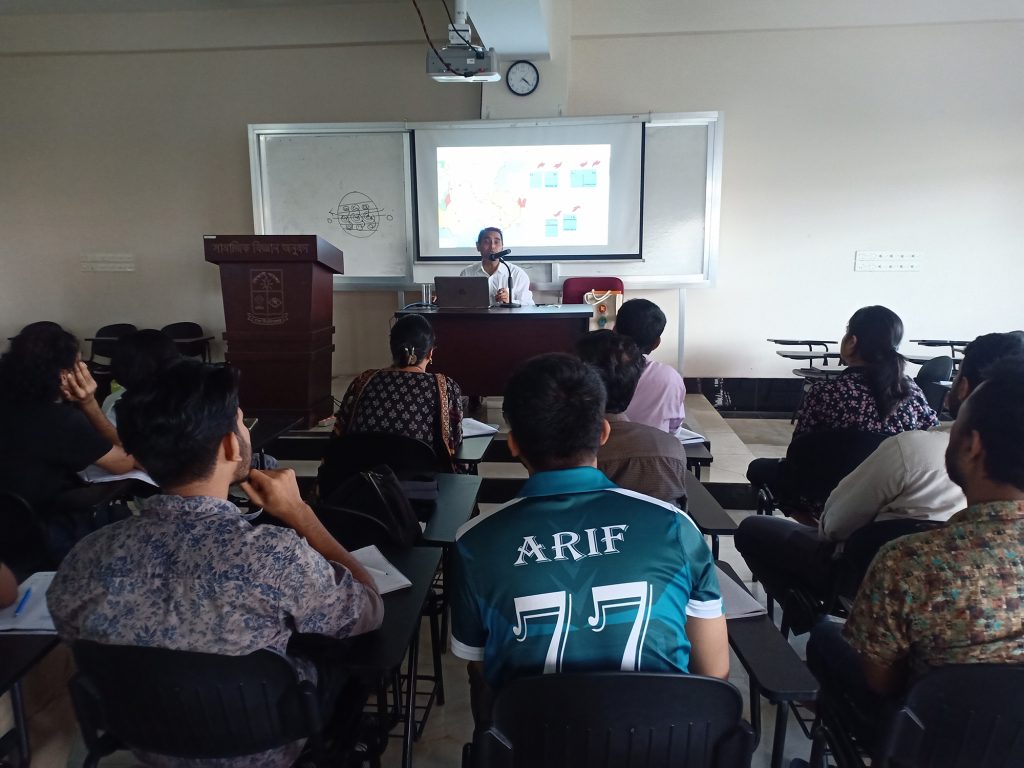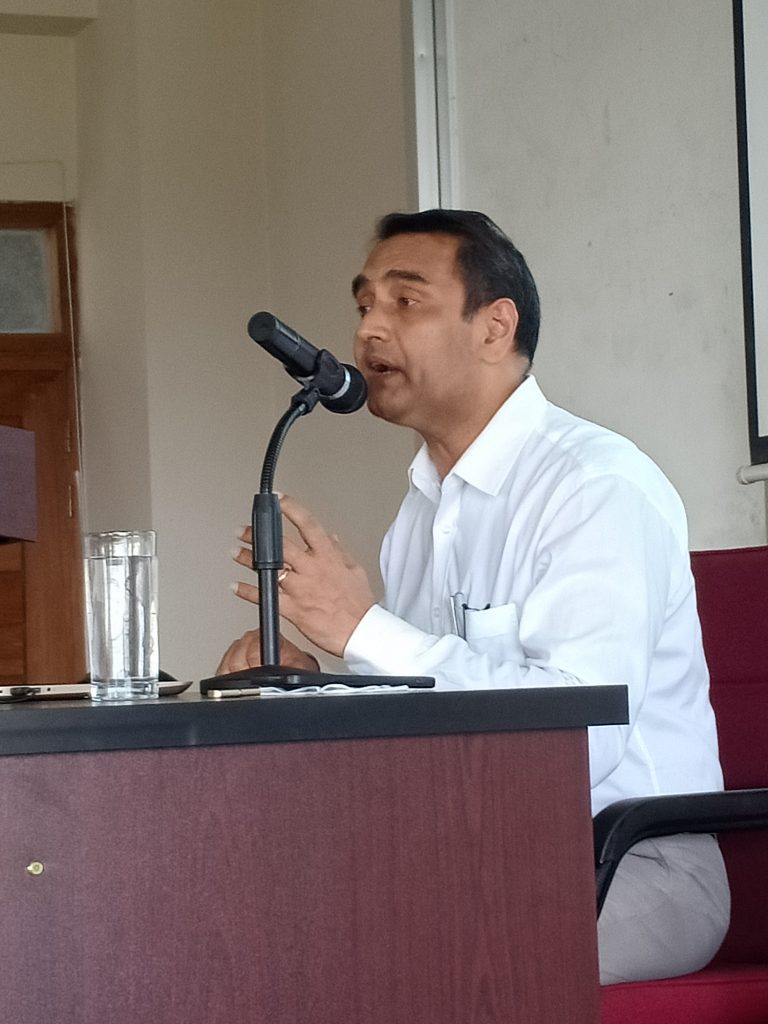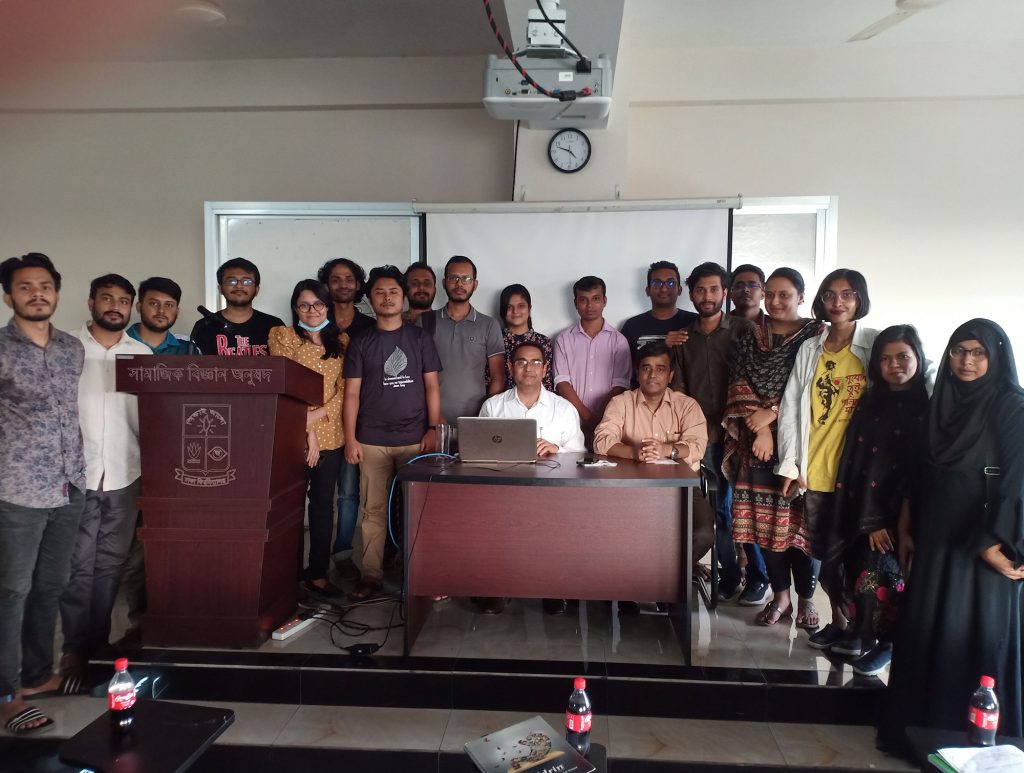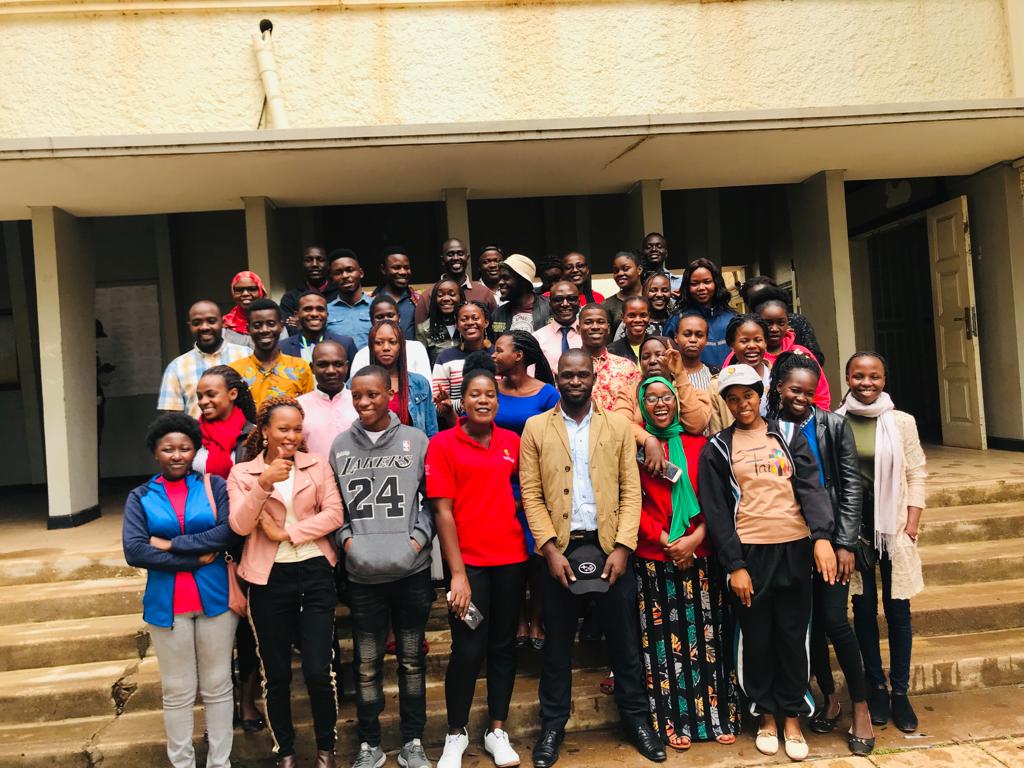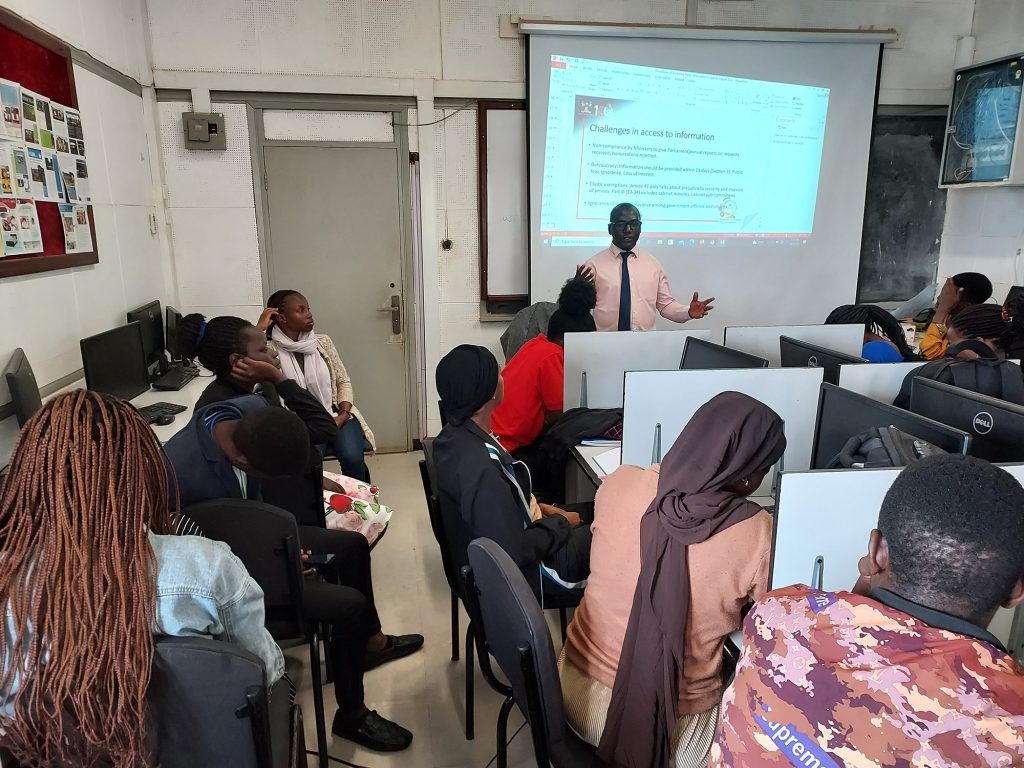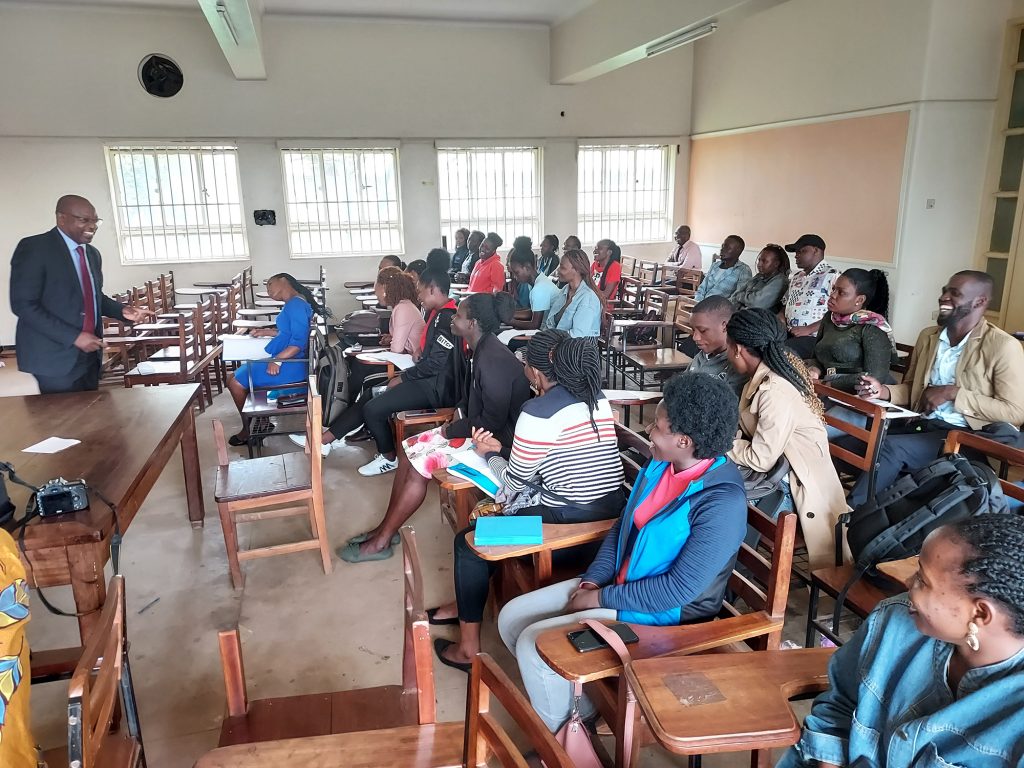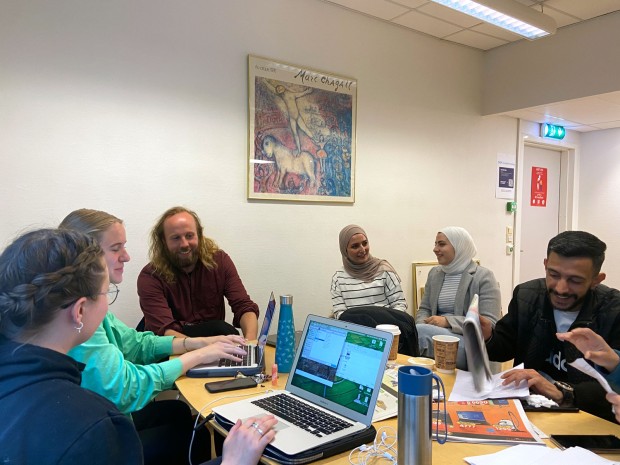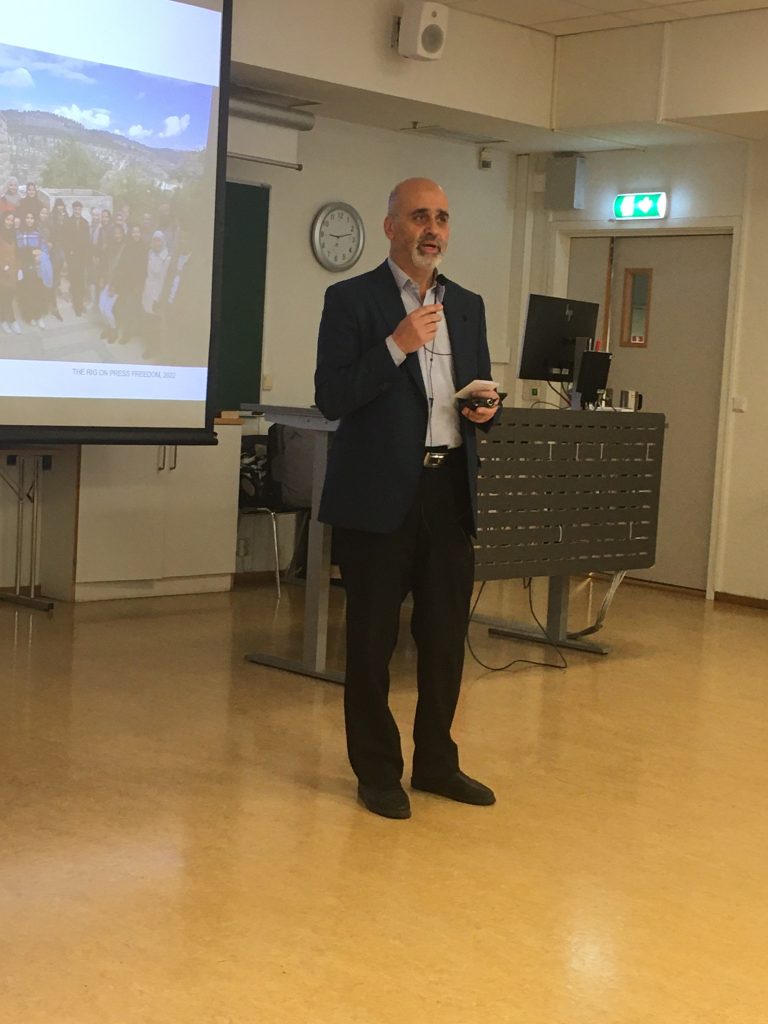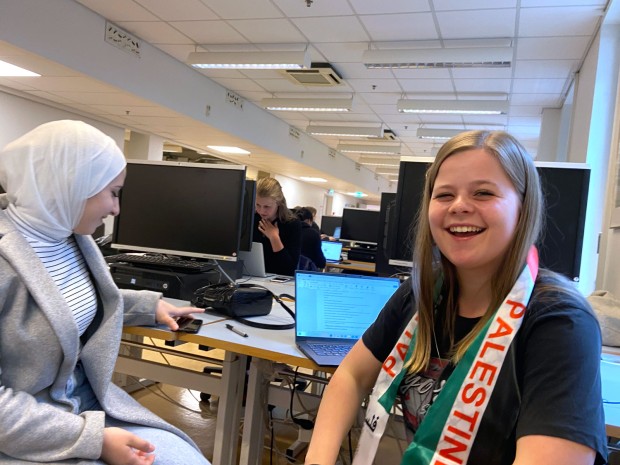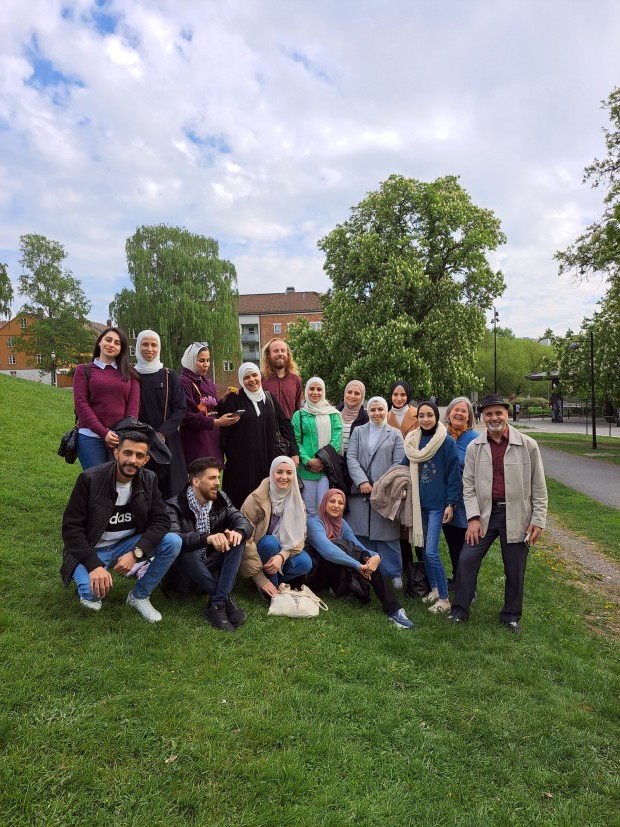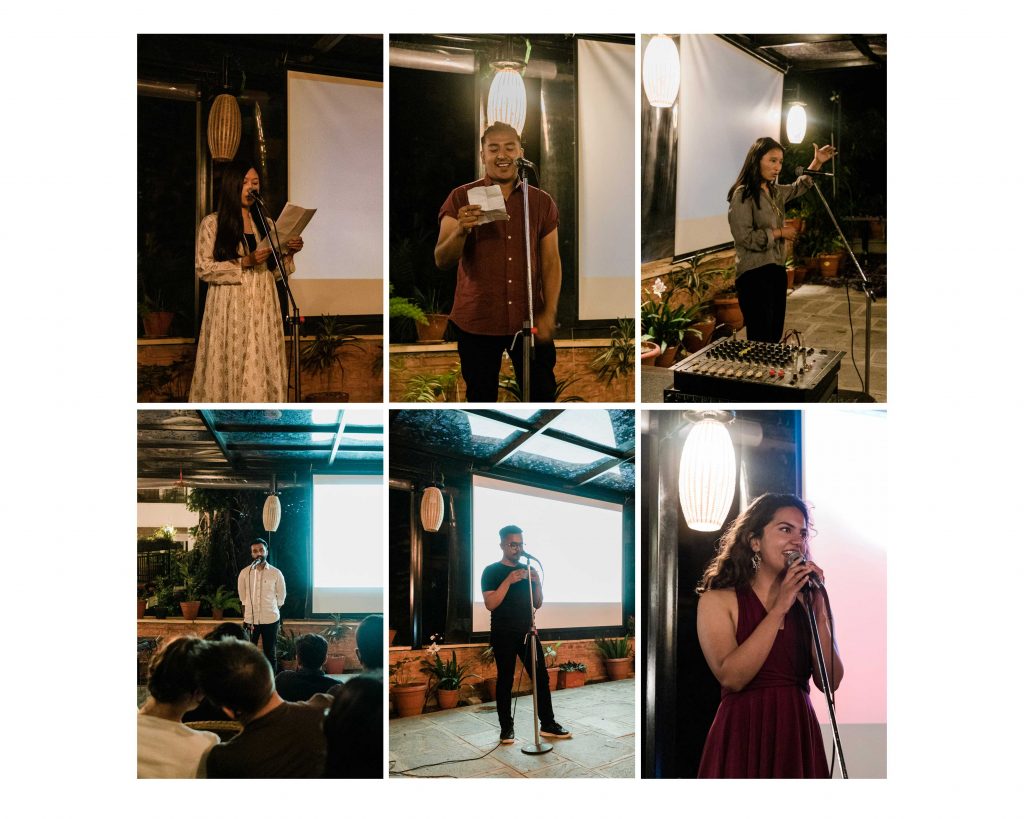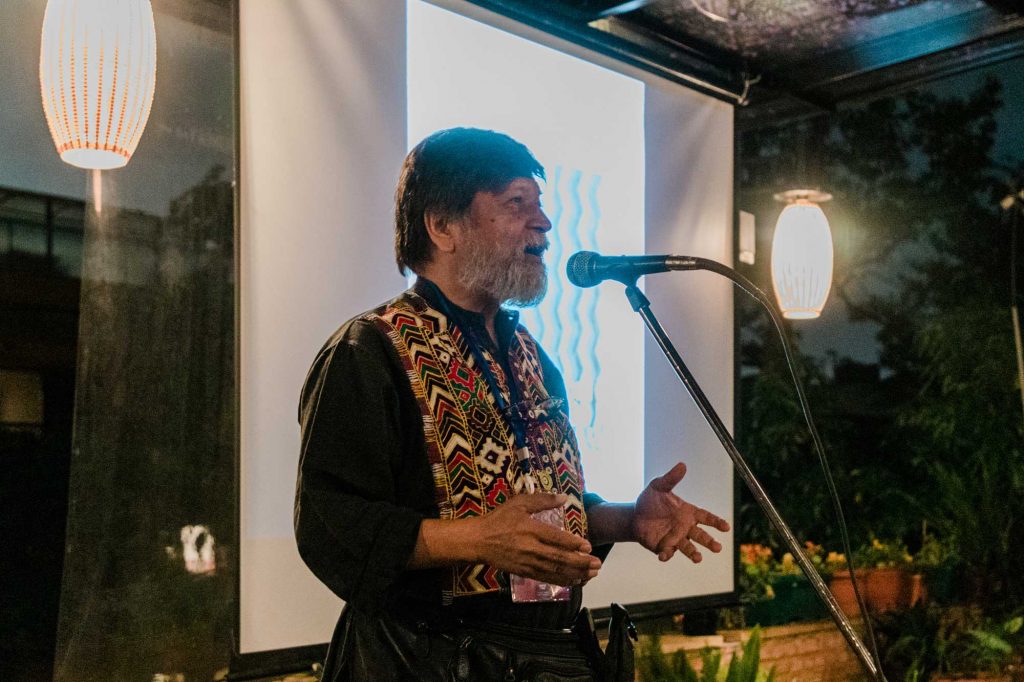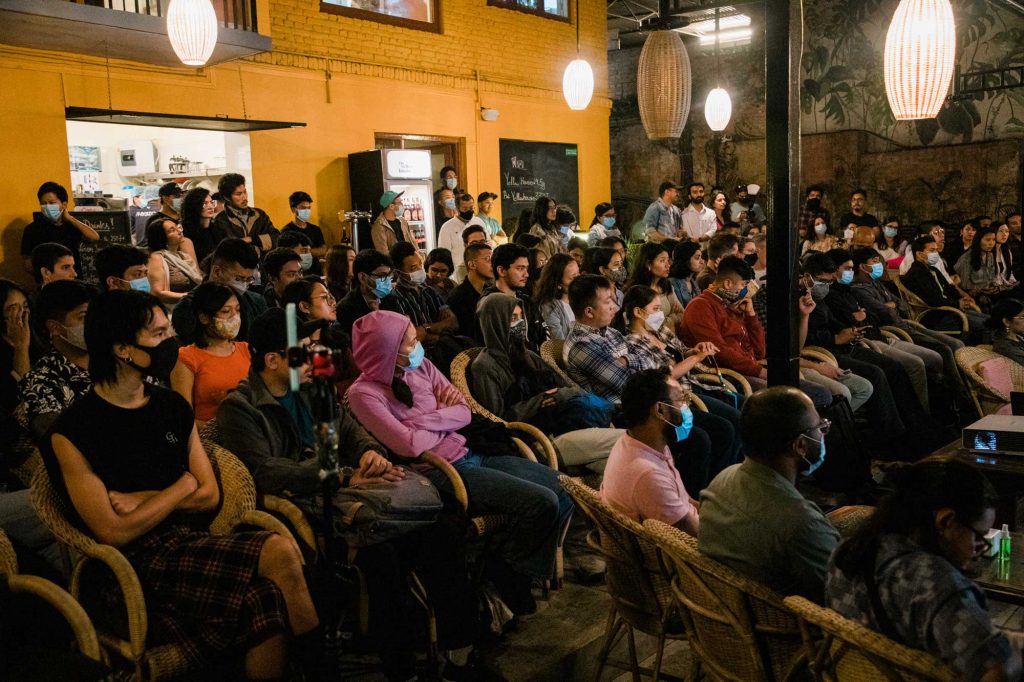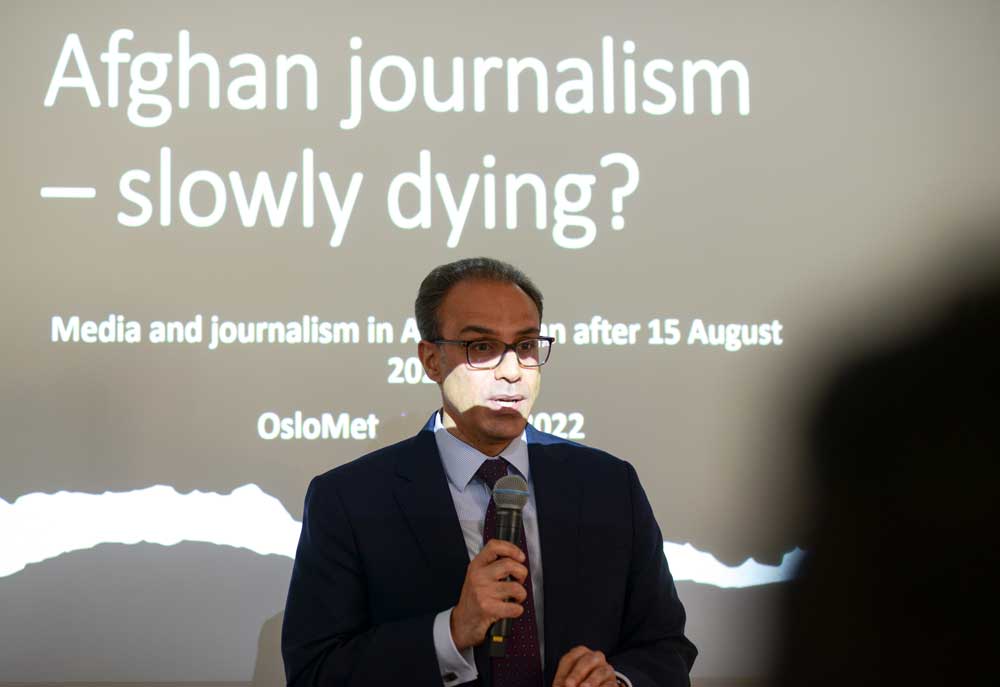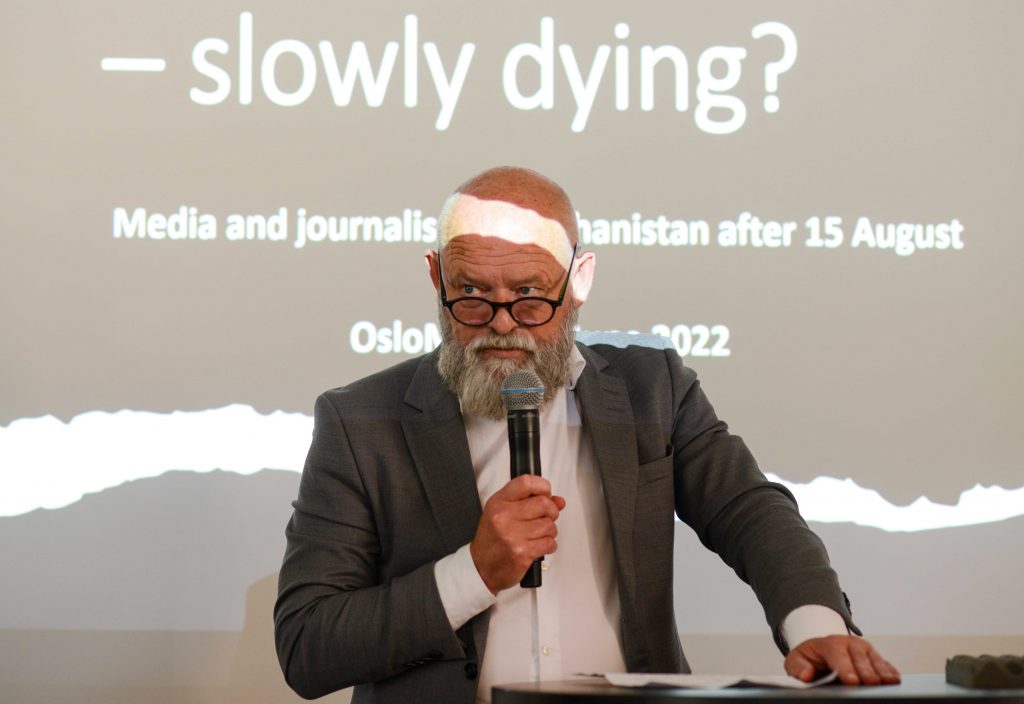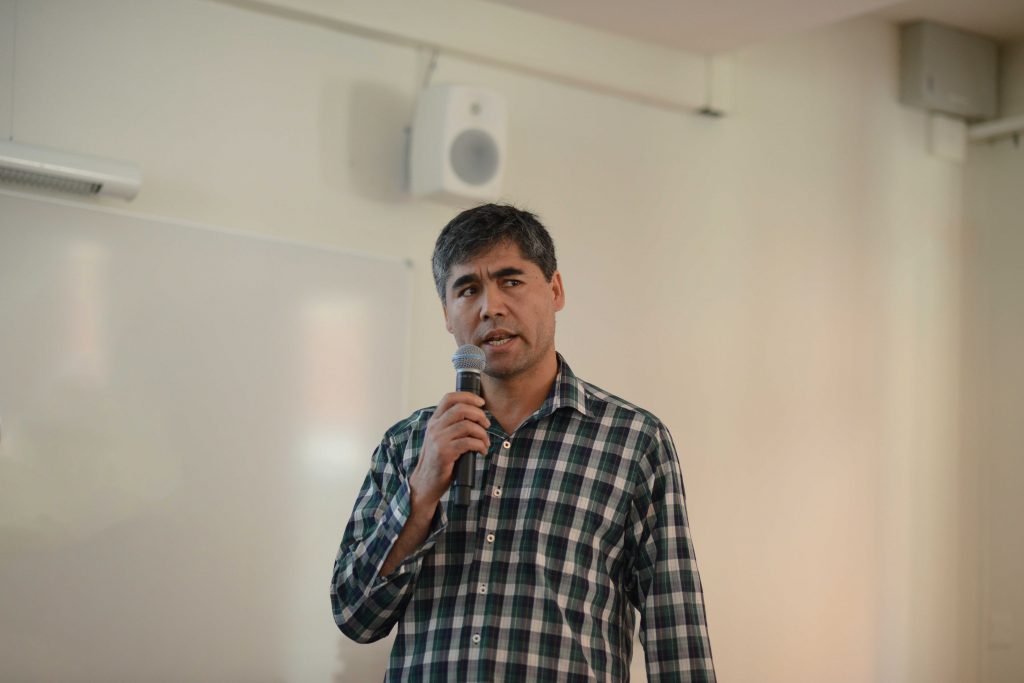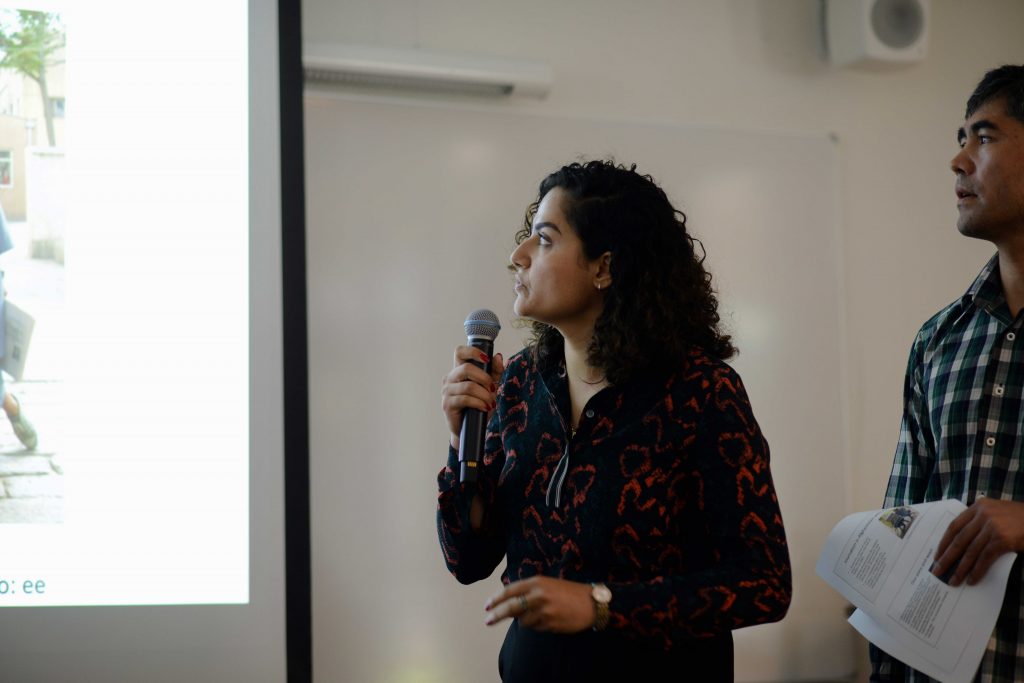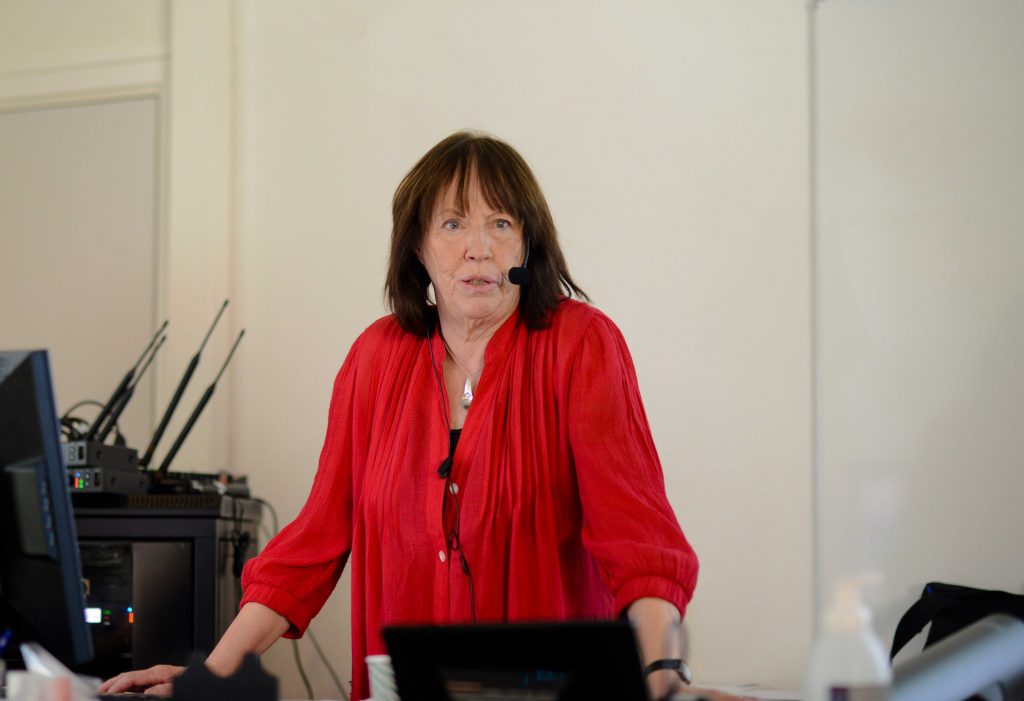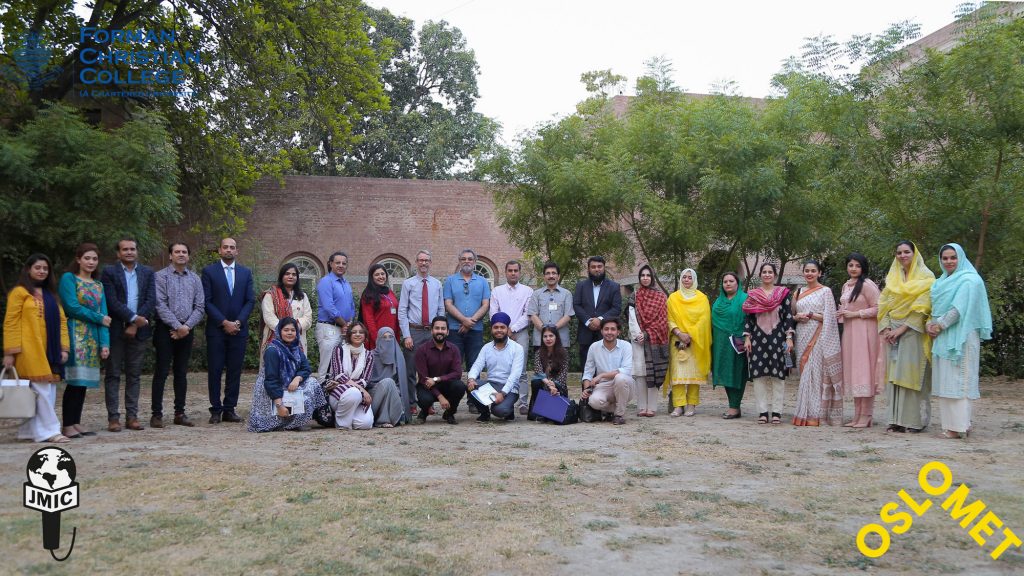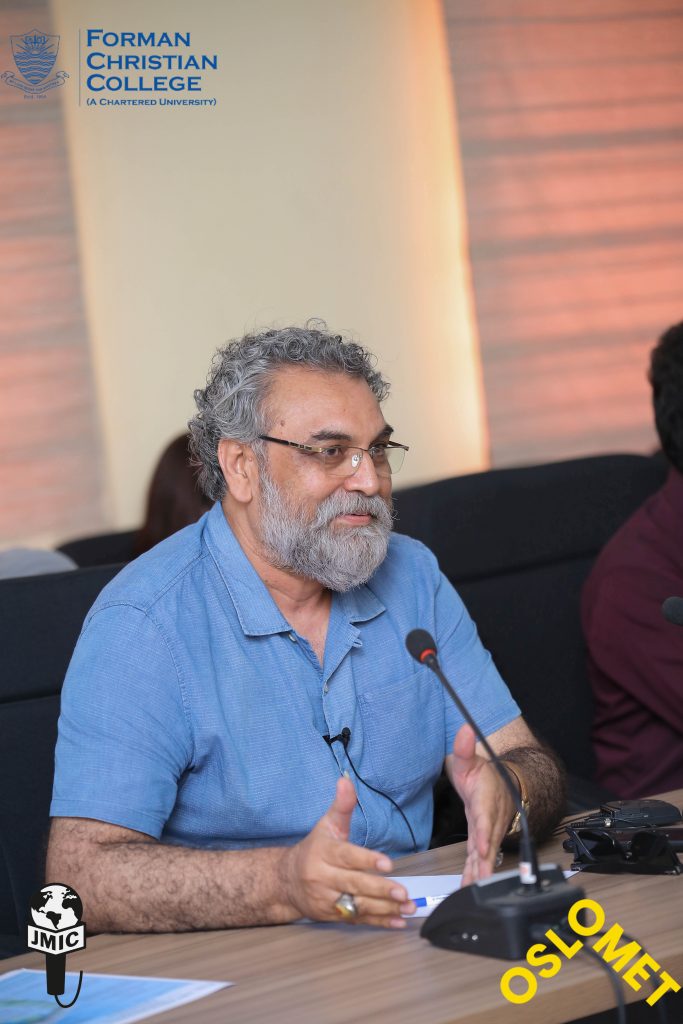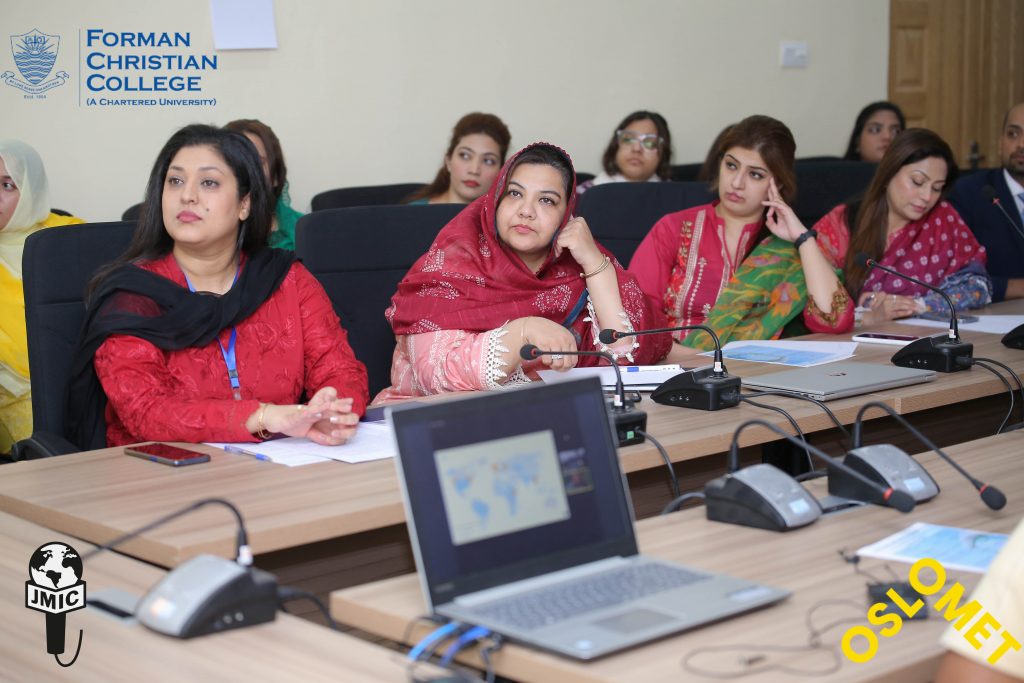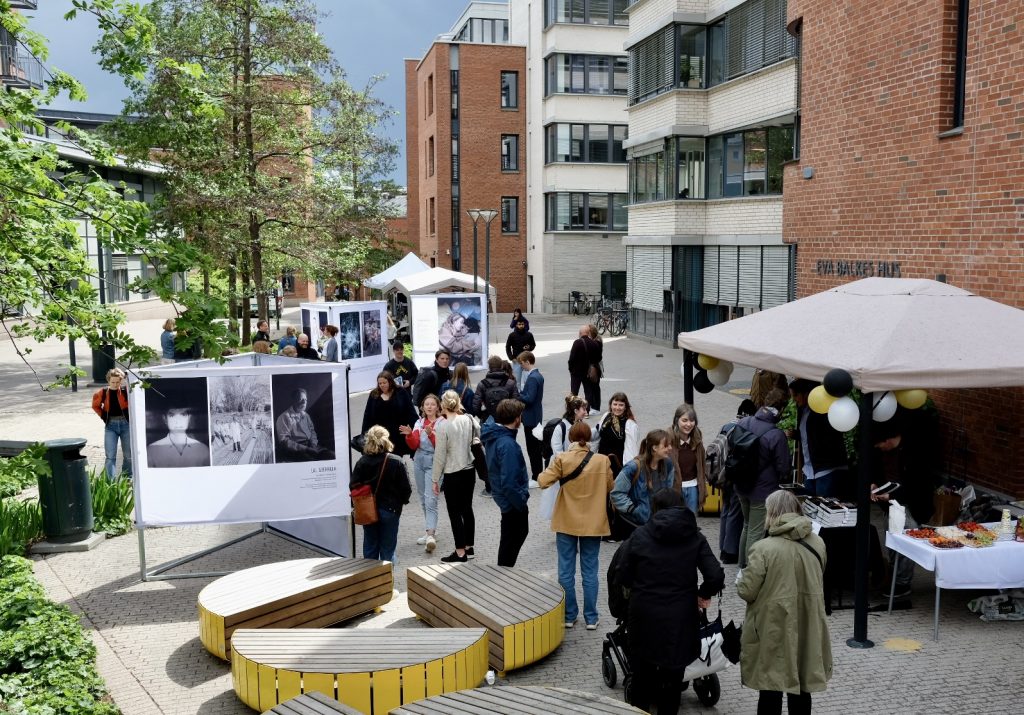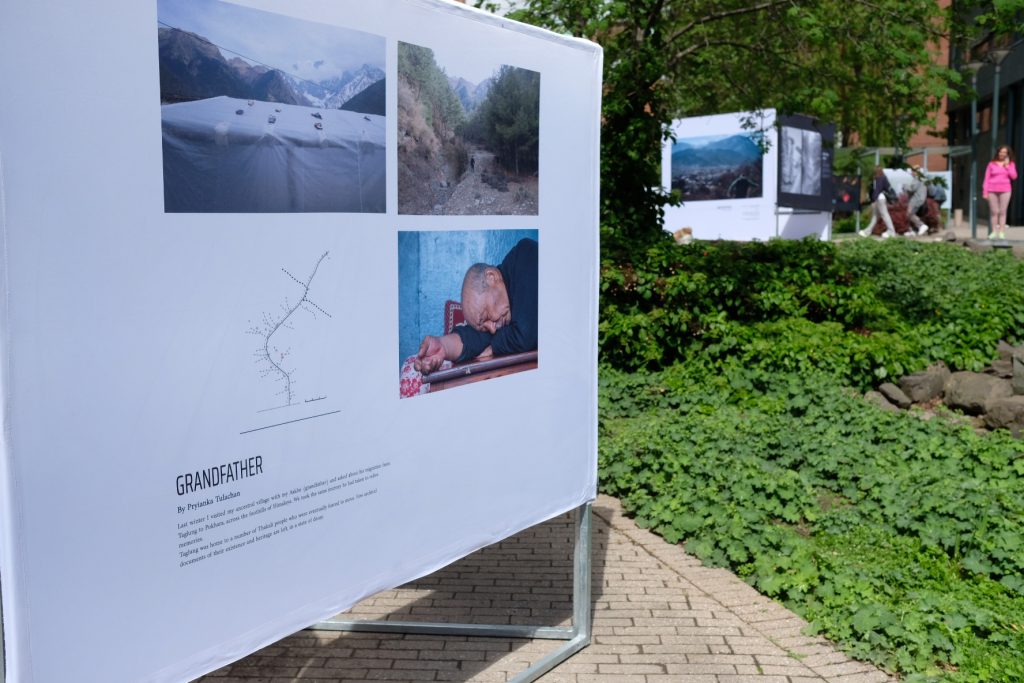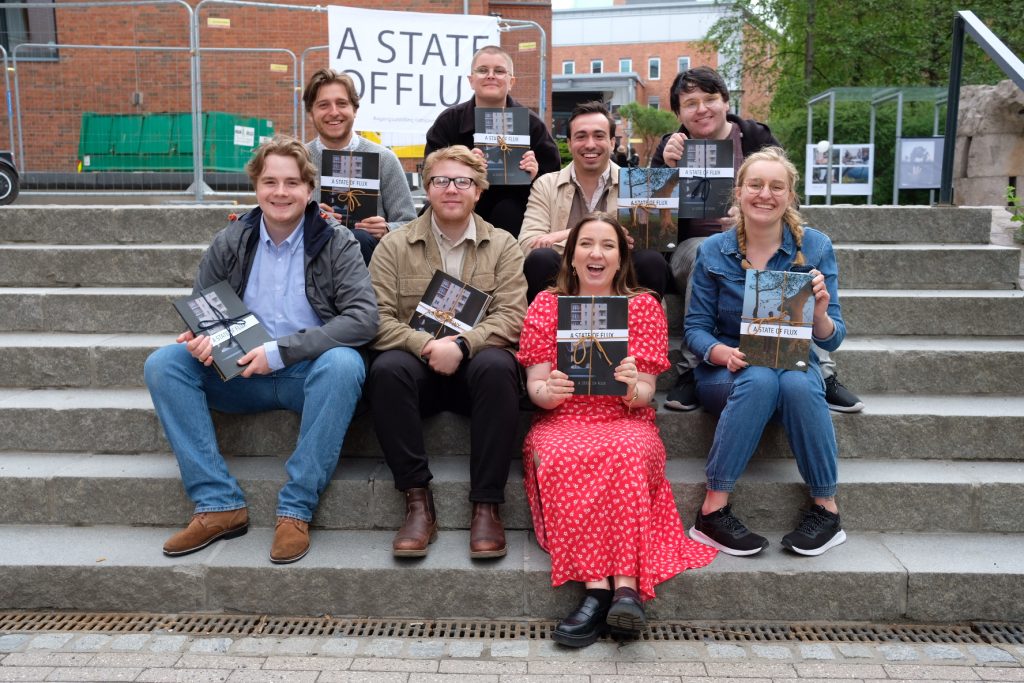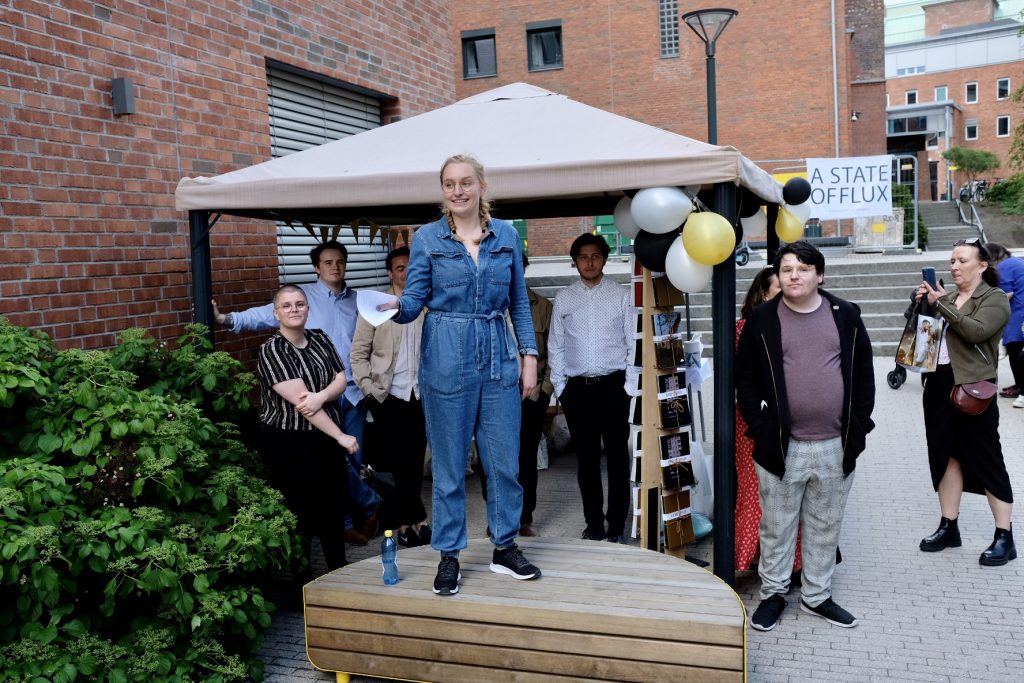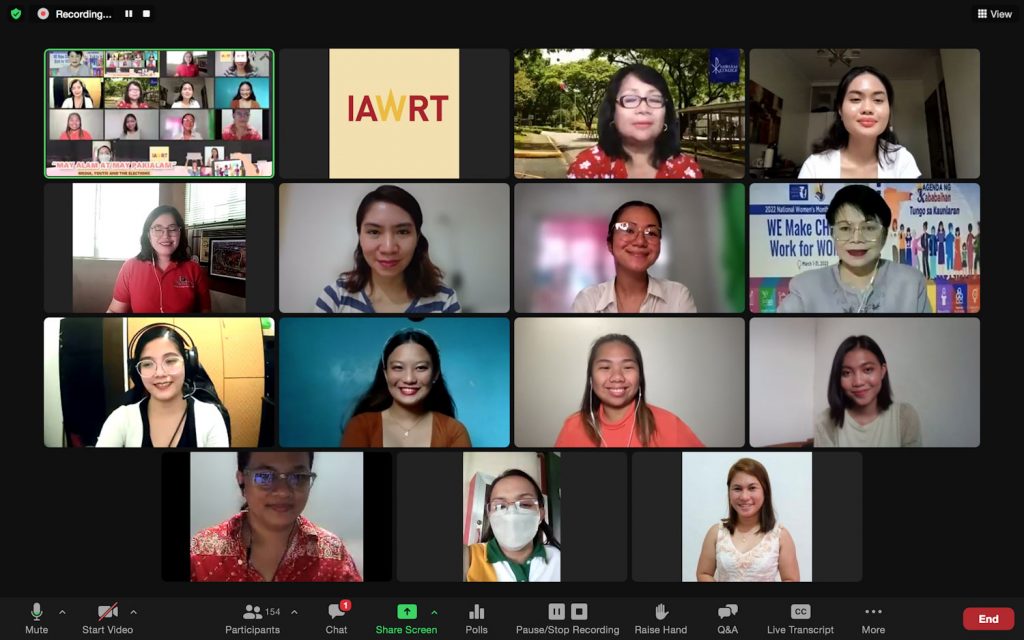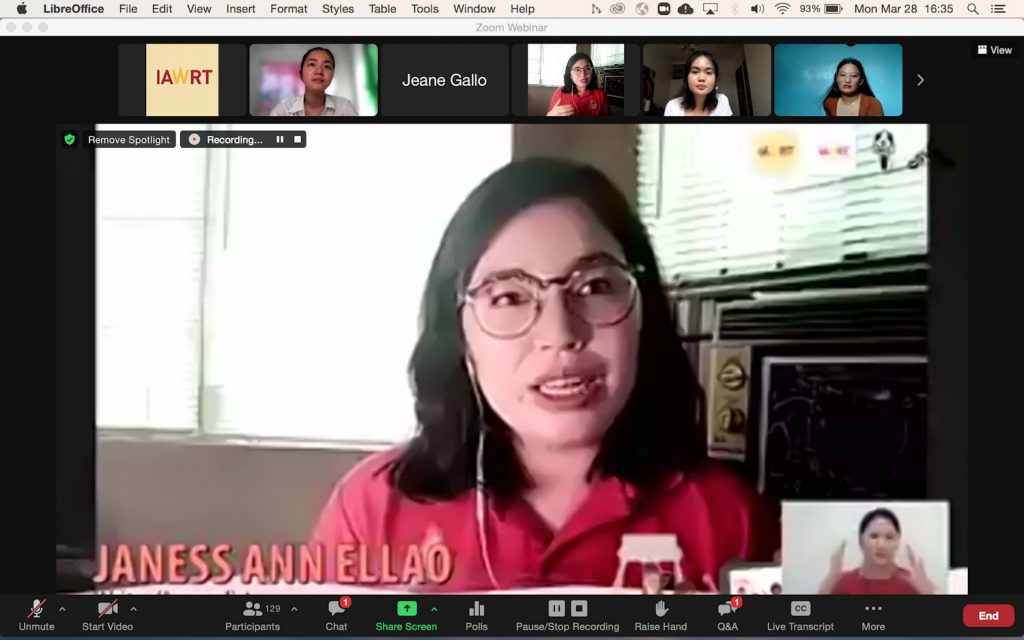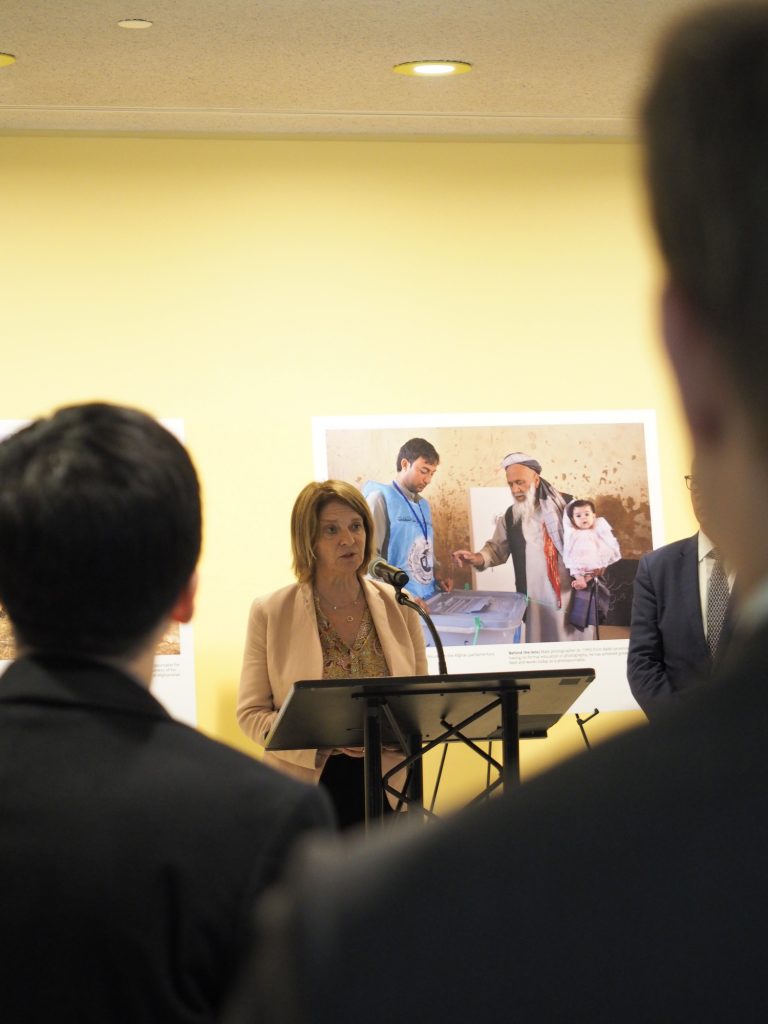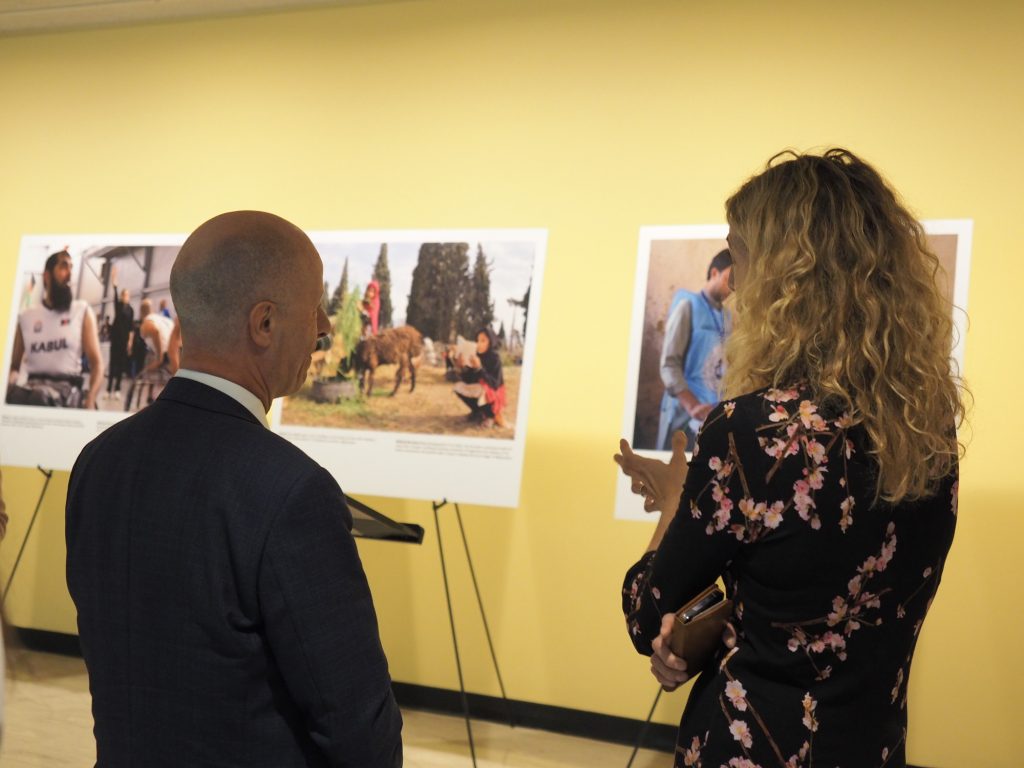Investigative journalism techniques for Arab journalists
By: Lamis Issa
A physical training workshop was held in Tunis for seven journalists – four of them women – from Libya, Morocco, Tunisia and Lebanon 28 – 30 June 2022.
The workshop was part of the project “Support the right to information and investigative journalism on environmental issues in the MENA region» in cooperation with the local partner the Institute of Press and Information Sciences (IPSI ) at Manouba University in Tunisia.
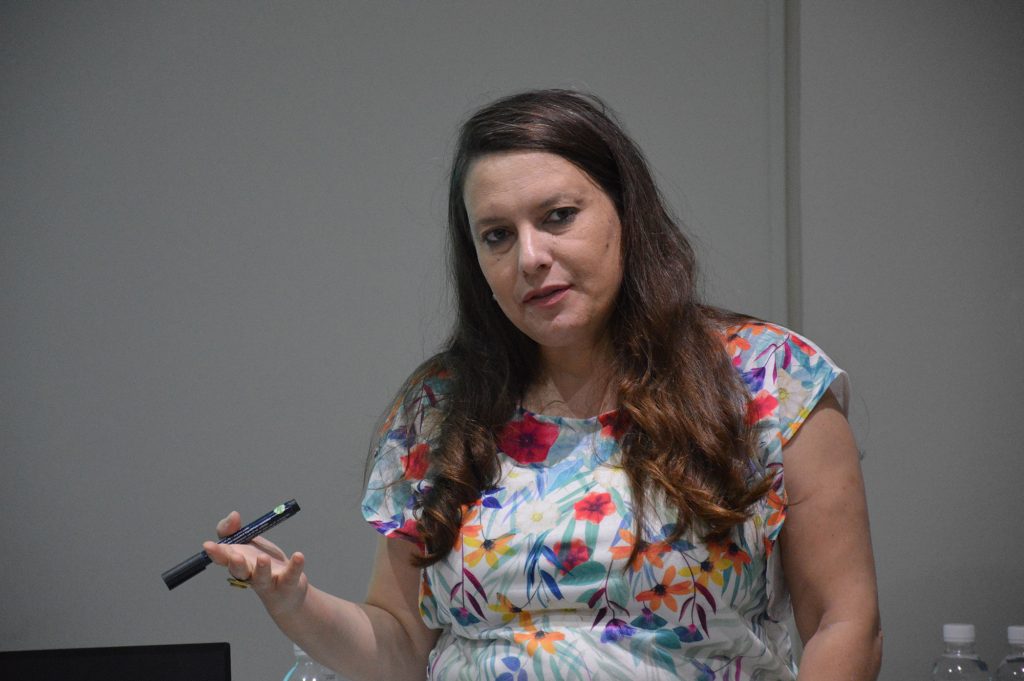
The workshop comes within the framework of cooperation between Article 19 MENA and JMIC running for several years. The participants have also had digital lectures in access to information, the legal framework of investigative journalism and safety and security for journalists.
During this workshop seven journalists from the Middle East and North Africa (MENA) were able to deepen their knowledge on investigative journalism on the following main topics: Investigative methodology, sources of information and writing an investigative report.
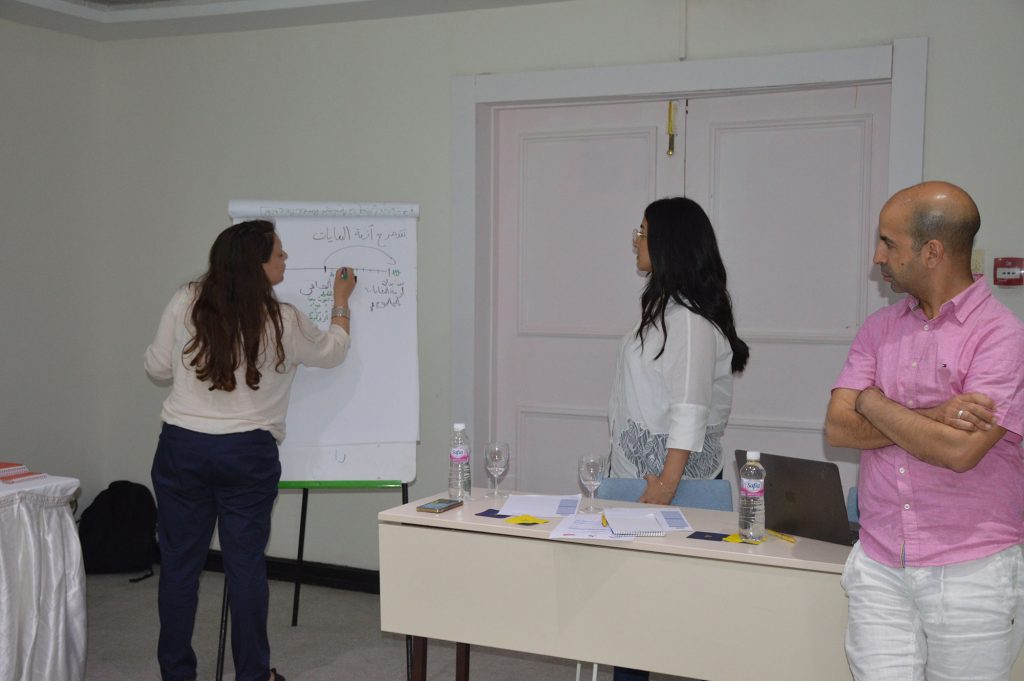
In addition, the training workshop allowed participants to better understand the methods for constructing the hypotheses of their investigative journalistic work, and to obtain more technical advice from the trainers and coachers, Hanene Zbiss from Tunisia and Anass Bendrif from Morocco.
The training was also an opportunity to recall and discuss the ethical rules in journalism, and especially the exceptions allowed in matters of investigation. In addition, advice was given to them regarding their professional security and the protection of their sources.
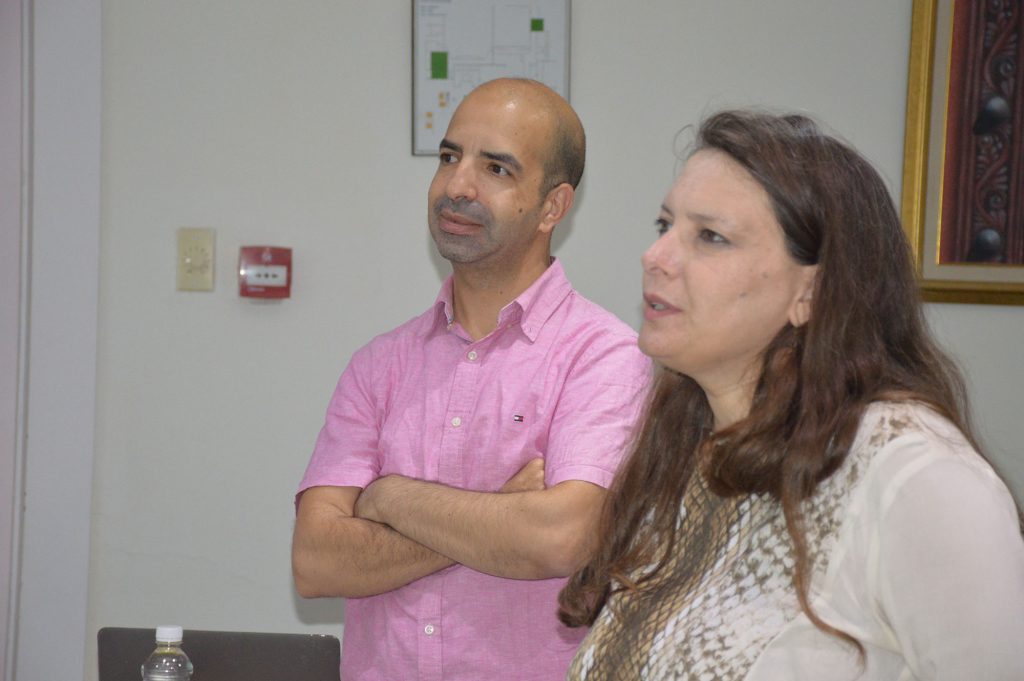
The last day of the training workshop was devoted to discussing their future subjects for investigation. The participants will work on their individual stories with coaching until the end of the year, when they will hopefully meet for a closing ceremony.

